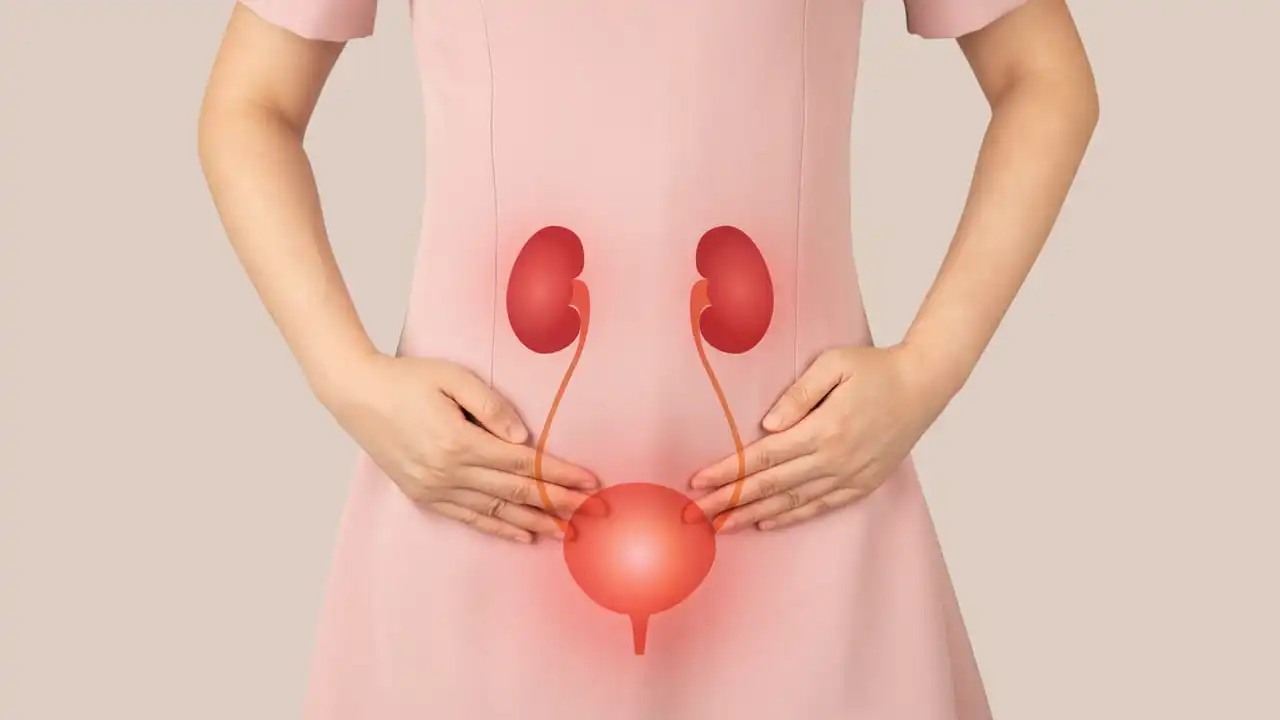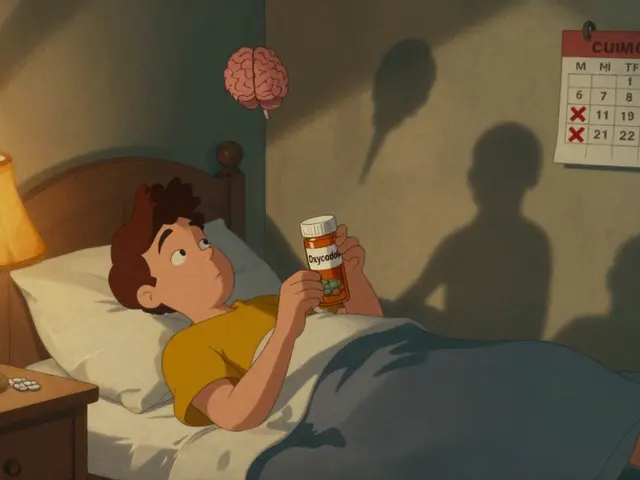Bladder infections & urinary retention — November 2023
Burning when you pee or suddenly not being able to empty your bladder—isn’t that the worst? In November 2023 we published a practical guide that walks through what causes bladder infections and urinary retention, how to spot the difference, and simple steps to avoid them. No jargon, just useful tips you can try today.
What are they and how do they differ?
A bladder infection (a type of UTI) happens when bacteria get into the urinary tract and cause inflammation. Symptoms usually include burning when peeing, cloudy or strong-smelling urine, and needing to go more often. Urinary retention means you can’t empty your bladder fully—or at all. It can feel like pressure, a weak stream, or a constant urge even after you go.
They can occur together: an infection can cause swelling that blocks flow, and retention can let bacteria build up. But the causes and treatments can be very different, so knowing which is which matters.
Causes, red flags, and quick fixes
Common causes of bladder infections include sexual activity, poor wiping habits, certain birth controls, and a history of UTIs. Men and older adults can get UTIs too, but women are at higher risk. Urinary retention often stems from blockages (like enlarged prostate in men), nerve problems, certain medicines, or recent surgery.
Red flags — get urgent care if you have fever with your urinary symptoms, severe belly pain, blood in urine, fainting, or you can’t urinate at all. Those signs mean you might need antibiotics, catheterization, or immediate treatment.
For mild urinary tract infections, a doctor may prescribe a short course of antibiotics and suggest pain relief. For retention, treatment targets the cause: catheter to drain urine short-term, or procedures and medication if a blockage is found.
Prevention tips that actually help: drink enough water so your urine is light-colored, pee after sex, avoid holding urine for long periods, and swap harsh soaps or douches for mild, unscented cleansers. If you’re on medications that can cause retention, ask your provider about alternatives.
Cranberry supplements or juice may lower recurrence for some people, but they don’t replace medical care. If you get UTIs repeatedly, your doctor can check for underlying causes and discuss preventative options like low-dose antibiotics or other strategies.
Want to know what to expect at the clinic? Bring a urine sample, list your symptoms, and mention recent meds or procedures. Tests are quick: urine dip, sometimes culture, and if retention is suspected, a bladder scan to measure leftover urine.
Our November post gives clear steps for home care and when to seek help—handy if this ever happens to you or someone you care for. Read the full article for an easy action plan and simple prevention habits that actually make a difference.

Bladder infections and urinary retention: What you need to know
Hey, folks. I thought it's high time we had a chat about something real important - bladder infections and urinary retention. These health nuisances can crop up when you least expect it, affecting your daily life. In this article, I'll be unraveling what exactly these conditions are, their causes, and most importantly, how you can prevent them. Stick around for insider tips on maintaining optimal urinary health. Because trust me, understanding is the first step to prevention.
Read More




